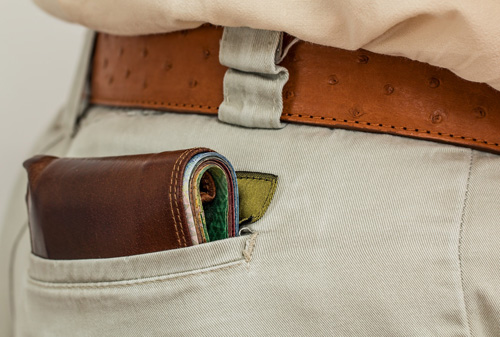Member since Apr 2022
96 downloadsMinimalist living: Embracing simplicity in an over-consumerist world
Added by: Ava Jones April 2022
Minimalist living: Embracing simplicity in an over-consumerist world
Take a look around your room ? on your shelves, in your closet, on your desk. Chances are you?ll find things that you haven?t used or touched in months; things you?ve held onto to ?use in the future? that now only sit and collect dust. This is something we?re all guilty of doing (to some extent). Admittedly, here in America, we live in a materialistic society, buying and hoarding things for the sake of just having more things. We have developed a self-destructive addiction to faster living ? caught in a chaotic, frenzied spiral as we chase money and power, and turn to excessive consumption as an outlet to temporary happiness. Here, the Japanese retail company, MUJI (which stands for ?no-brand quality goods? in Japanese), offers a refreshing alternative to our traditional branded goods by instead encouraging their customers to buy fewer products and focus on things beyond materialism in our lives. In a modern society where Americans are no more than a never-ending cycle of credit card swipes, receipts, and racers against time, MUJI?s emphasis on simple products and a minimalist lifestyle serves as a much-needed break from the fast pace of life and superficial fabrication of society. It is this exact emphasis on minimalism and simplicity that has contributed to its appeal to American consumers. The success of MUJI in the United States can be attributed to the company?s acknowledgment of society?s extreme materialism and how their product approach to mediating this superficial lifestyle has called upon the core American values of morality in the perspective of our rather consumerist world.
At the time MUJI was founded in 1980, the United States was experiencing an unprecedented wave of social conformity, suburban culture, and extreme consumerism as the Postwar Boom in the 1950s and 1960s placed a heavy emphasis on spending. This new wave of consumerism, alongside the American Dream ideal of wealth and opportunity, ultimately contributed to an obsessive desire for more copious and extravagant goods as reflections of individual success to the point where many Americans felt overwhelmed by their crammed schedules and overflowing possessions. Here, MUJI stepped in, offering its minimalistic products as alternatives to the traditional goods that are prone to cluttering and disorganizing our lives. Rather than focusing on getting consumers to buy more, MUJI focuses on timeless sophistication, quality, and functionality that allows consumers to buy less, manage less, and instead focus more on decluttering our lives. The company calls upon minimalist principles that embrace simplification and reject traditional consumerism and all the problems that result from it, and rightly so. Minimalism offers a new opportunity for Americans to escape the burdens that exist when possessing and hoarding unnecessary material possessions. As the company accurately states, ?Unless we adopt values informed by moderation and self-restraint, the world will find itself at an impasse? (Beecker). In other words, if we do not change our unsustainable consumption habits, we are only dooming ourselves and our world. Not only does their minimalistic concept appeal to the typical American consumer by offering a new approach to our excessive consumption habits, it also takes into account the greater global importance of social and environmental responsibility that has recently become more recognized in American society. Here, MUJI?s emphasis on simplicity and minimalism has successfully taken into account the haste of society and not only called to attention the need for minimalism, but also offered a solution to contemporary American consumerism.



